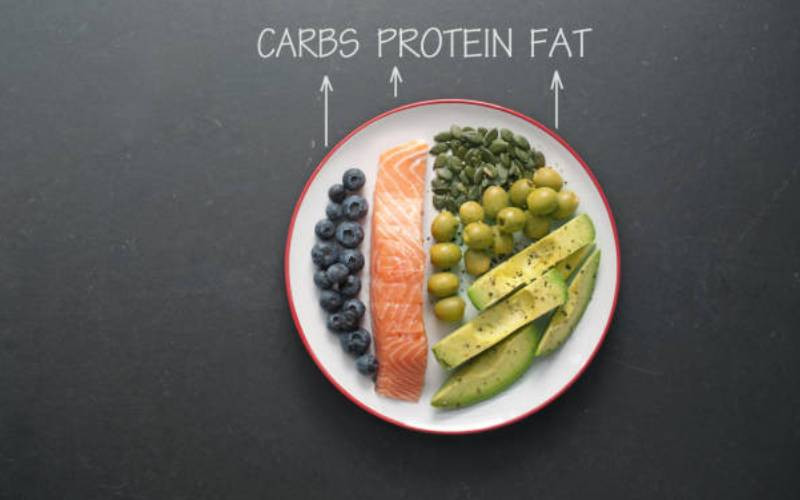×
The Standard e-Paper
Stay Informed, Even Offline

When the World Health Organisation updated its guidance on fats and carbohydrates earlier this year, the recommendations were based on the latest scientific evidence on the risk of unhealthy weight gain and diet-related noncommunicable diseases (NCDs).